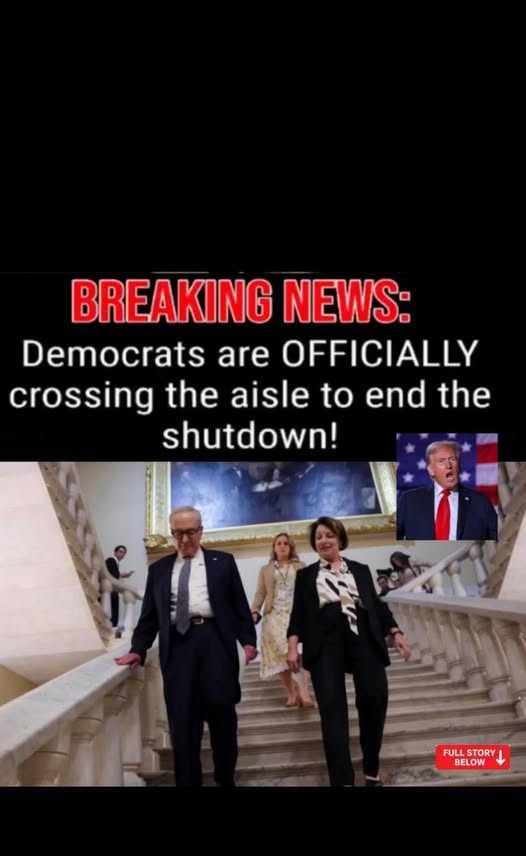The U.S. Senate has confirmed President Donald Trump’s first nominee to the Boston-based 1st U.S. Circuit Court of Appeals, marking a notable shift for a court historically shaped by Democratic presidents.
In a 52–46 vote along party lines, senators approved Joshua Dunlap, a Maine attorney, to the lifetime post. His confirmation introduces the first Republican-appointed judge to the 1st Circuit, which oversees federal cases across New England.
For years, this circuit stood out as the only one of the nation’s 13 appellate courts without a judge appointed by a GOP president — a distinction that made it a common venue for challenges to Trump-era policies. Dunlap’s confirmation changes that landscape and reflects the administration’s broader effort to re-balance the federal judiciary.
The vacancy emerged when Judge William Kayatta, an Obama appointee, took senior status in late 2024. President Biden had nominated Julia Lipez for the seat, but the Senate did not act on her nomination before the administration ended, leaving the position open.
Trump selected Dunlap in July. A partner at Pierce Atwood, Dunlap emphasized during his hearings that his commitment is to “faithfully apply the Constitution and the laws as written.” His background includes degrees from Pensacola Christian College and the University of Notre Dame Law School, and legal work on cases involving Maine’s voting system, paid family leave, and campaign finance rules.
The Senate also confirmed another Trump nominee this week: Eric Tung to the 9th U.S. Circuit Court of Appeals, in a 52–45 vote. A former clerk to Justices Neil Gorsuch and Antonin Scalia, Tung previously served as a federal prosecutor before joining Jones Day. His appointment narrows, though does not eliminate, the Democratic majority on the 9th Circuit.
While the confirmations carry political implications, they also highlight a deeper truth often overshadowed by partisan framing:
the federal judiciary evolves slowly but significantly, shaped by the long arc of public service rather than the short cycles of electoral politics.


